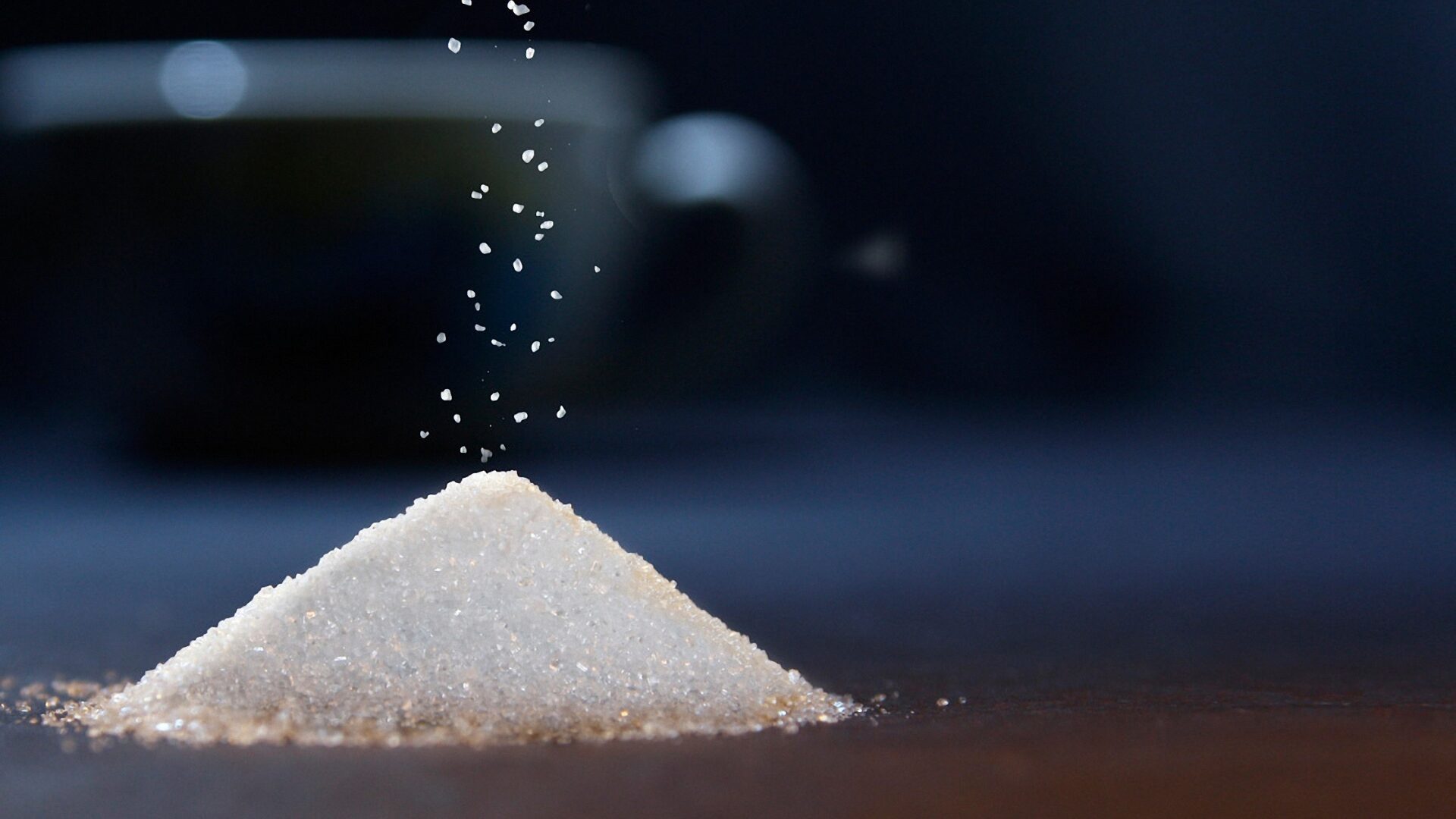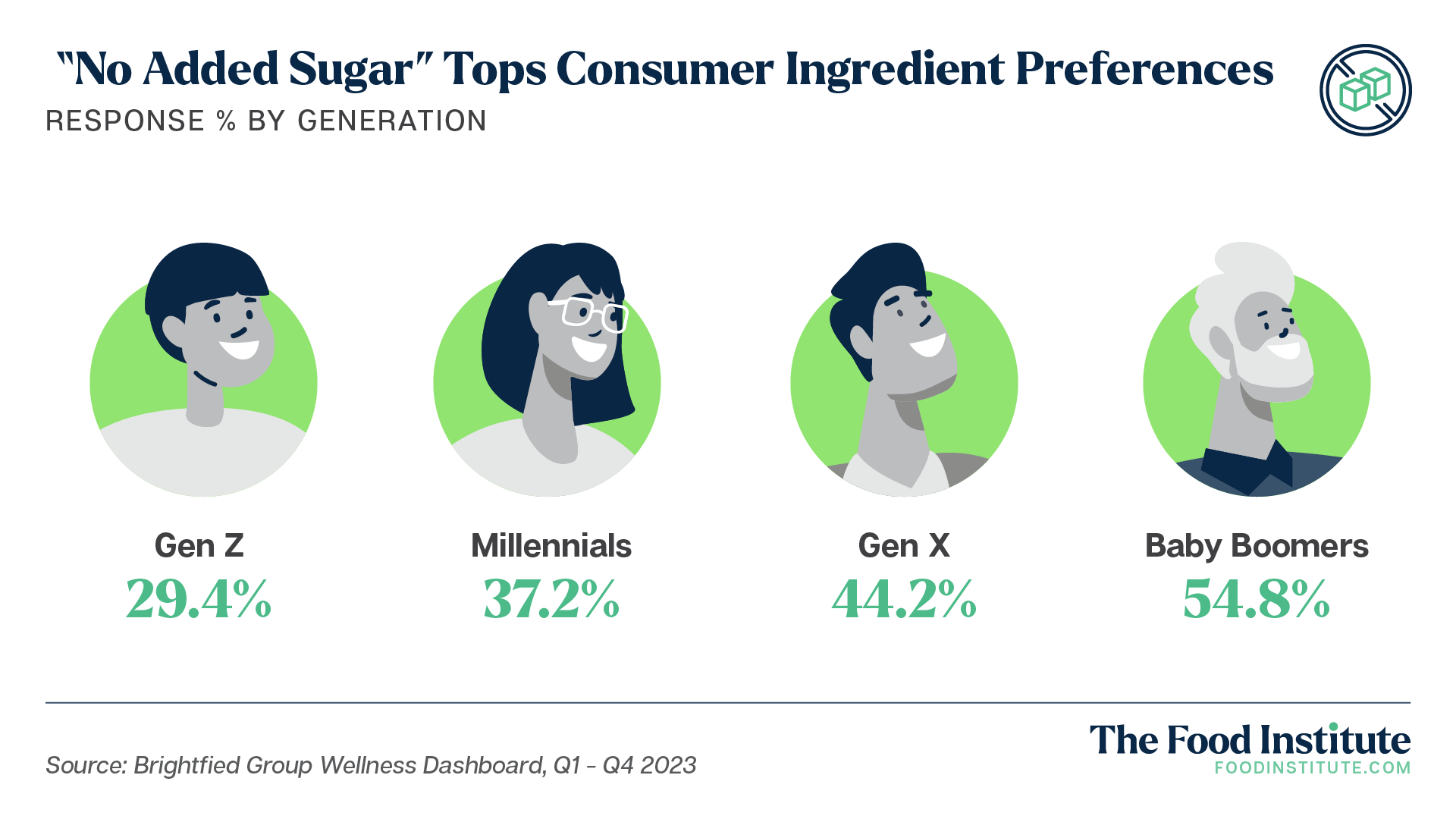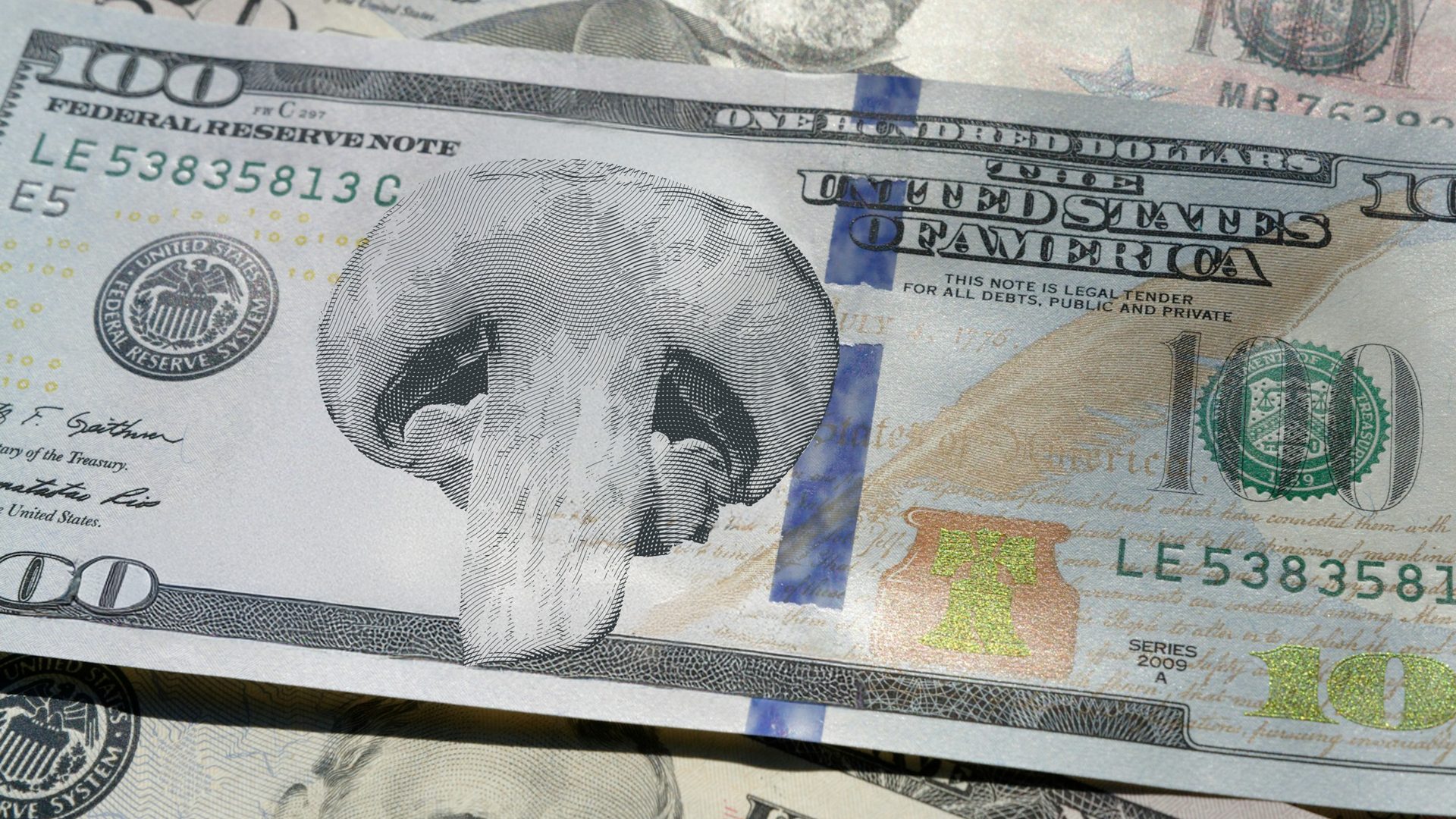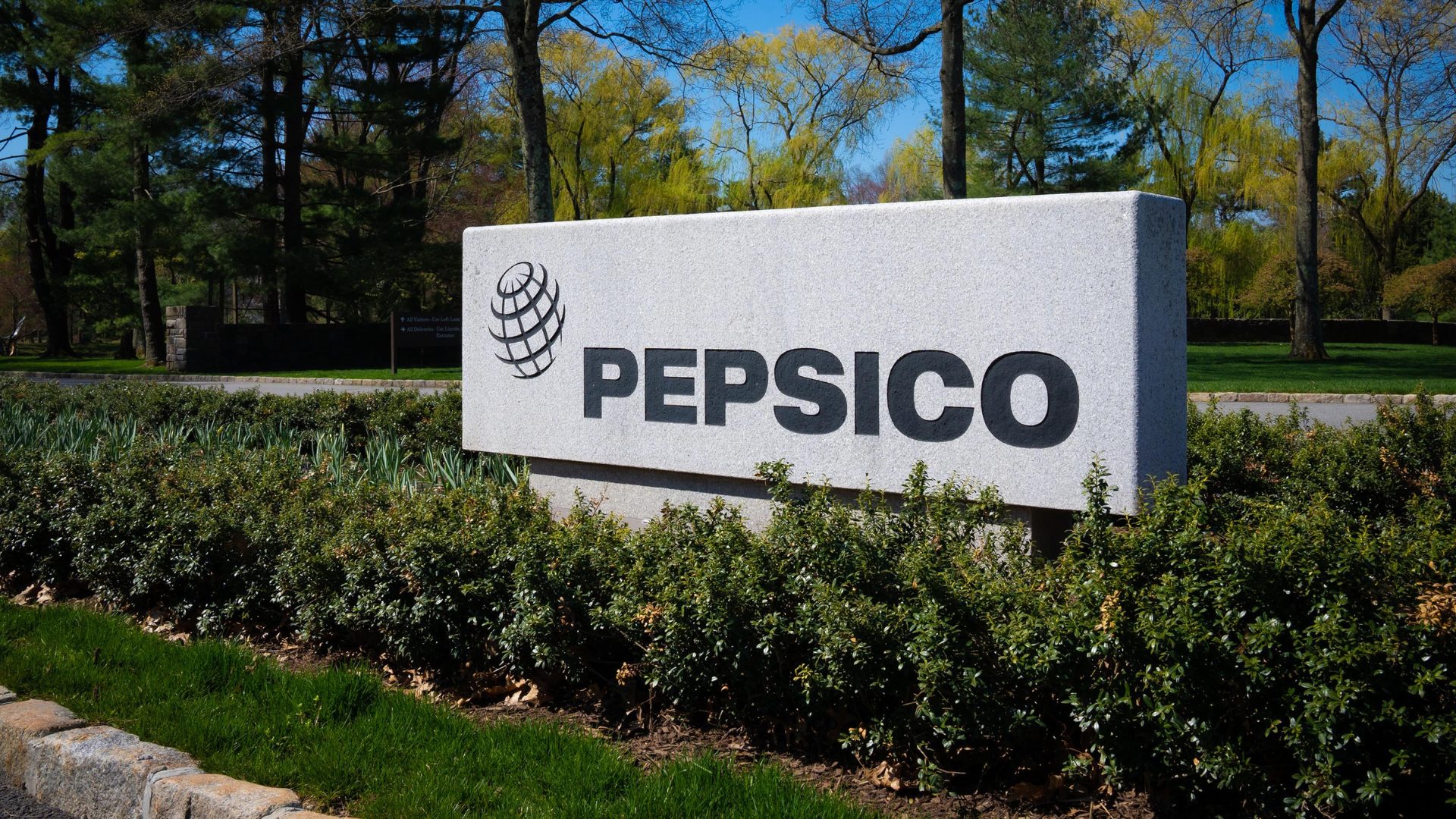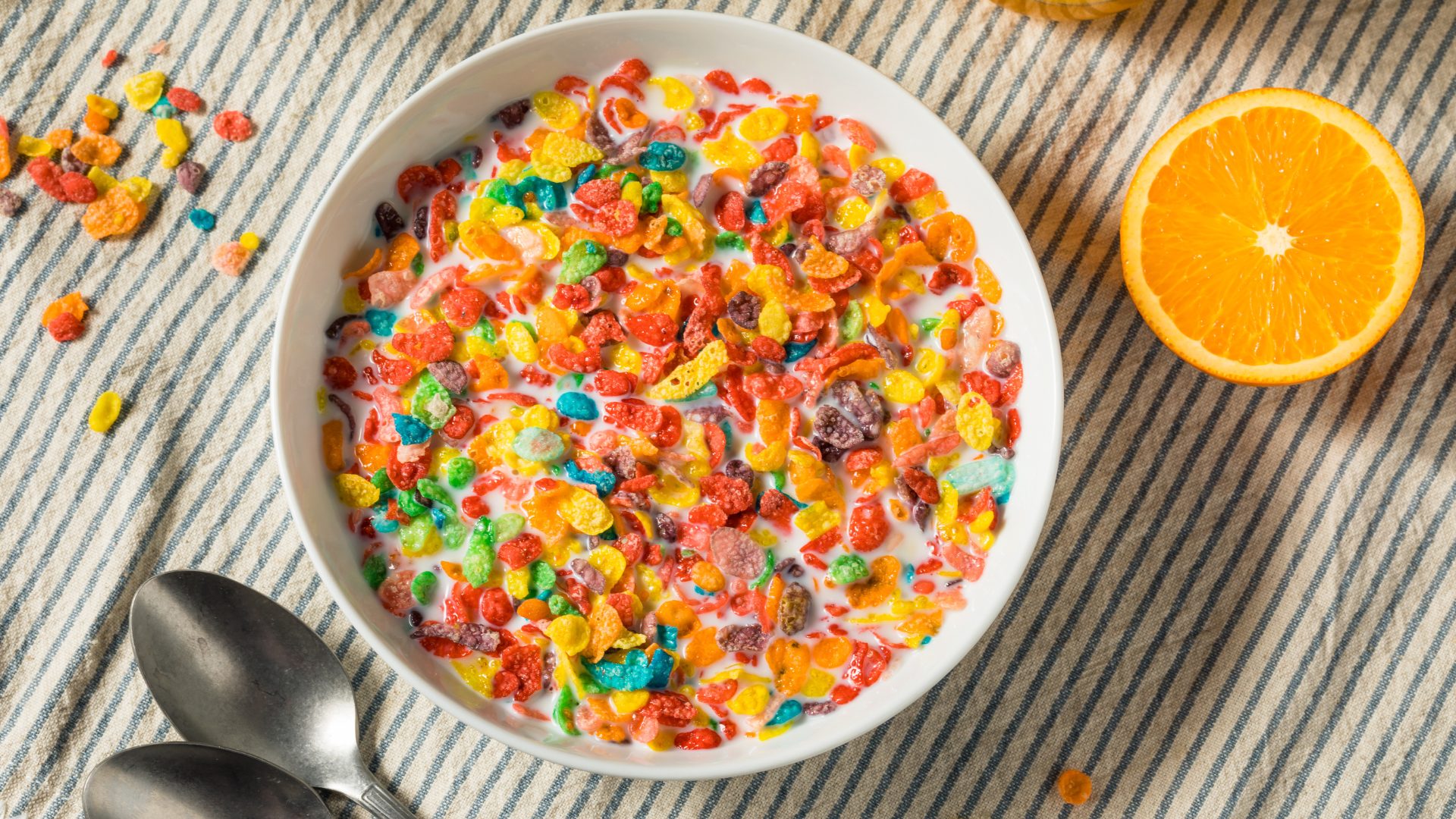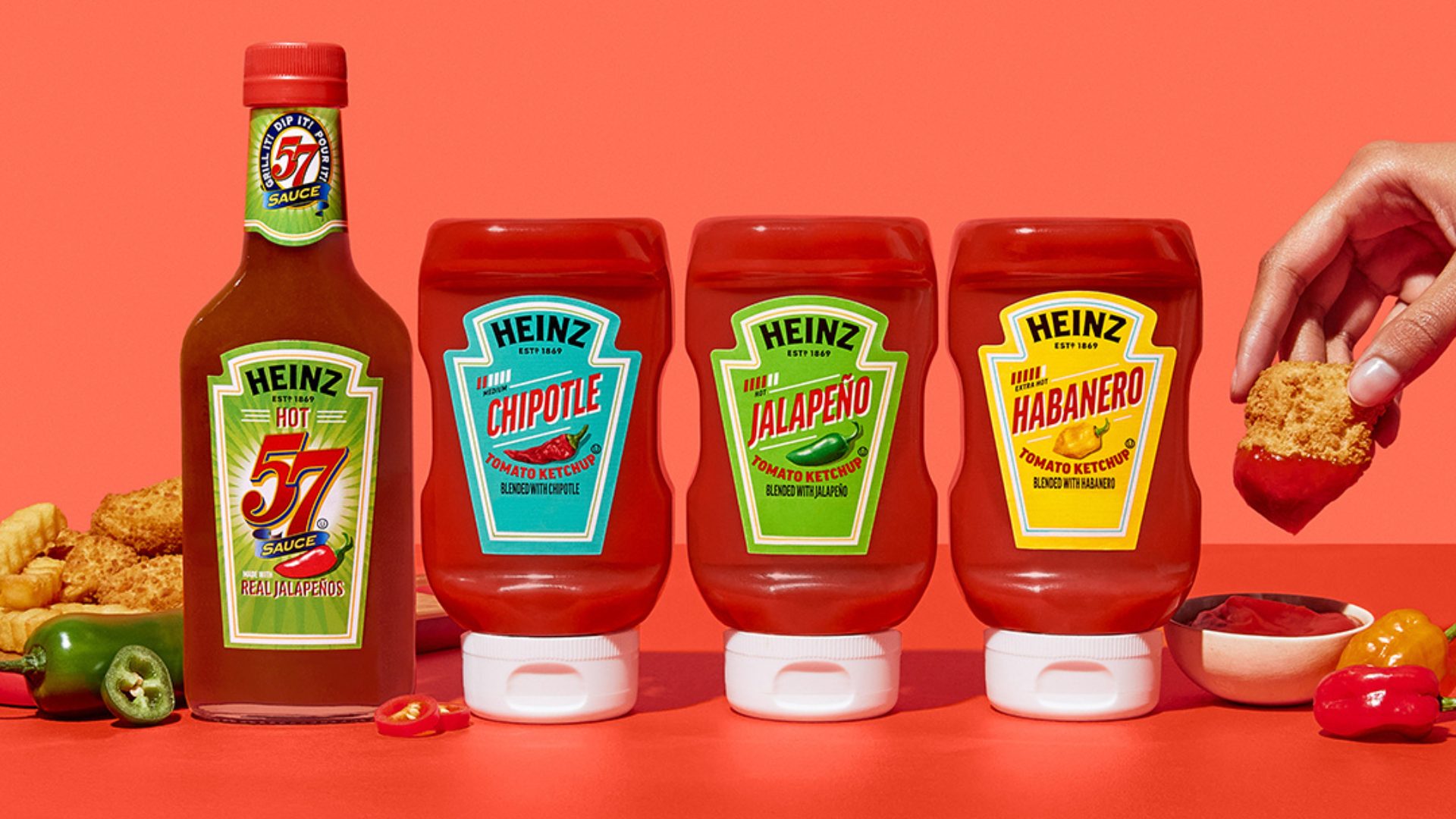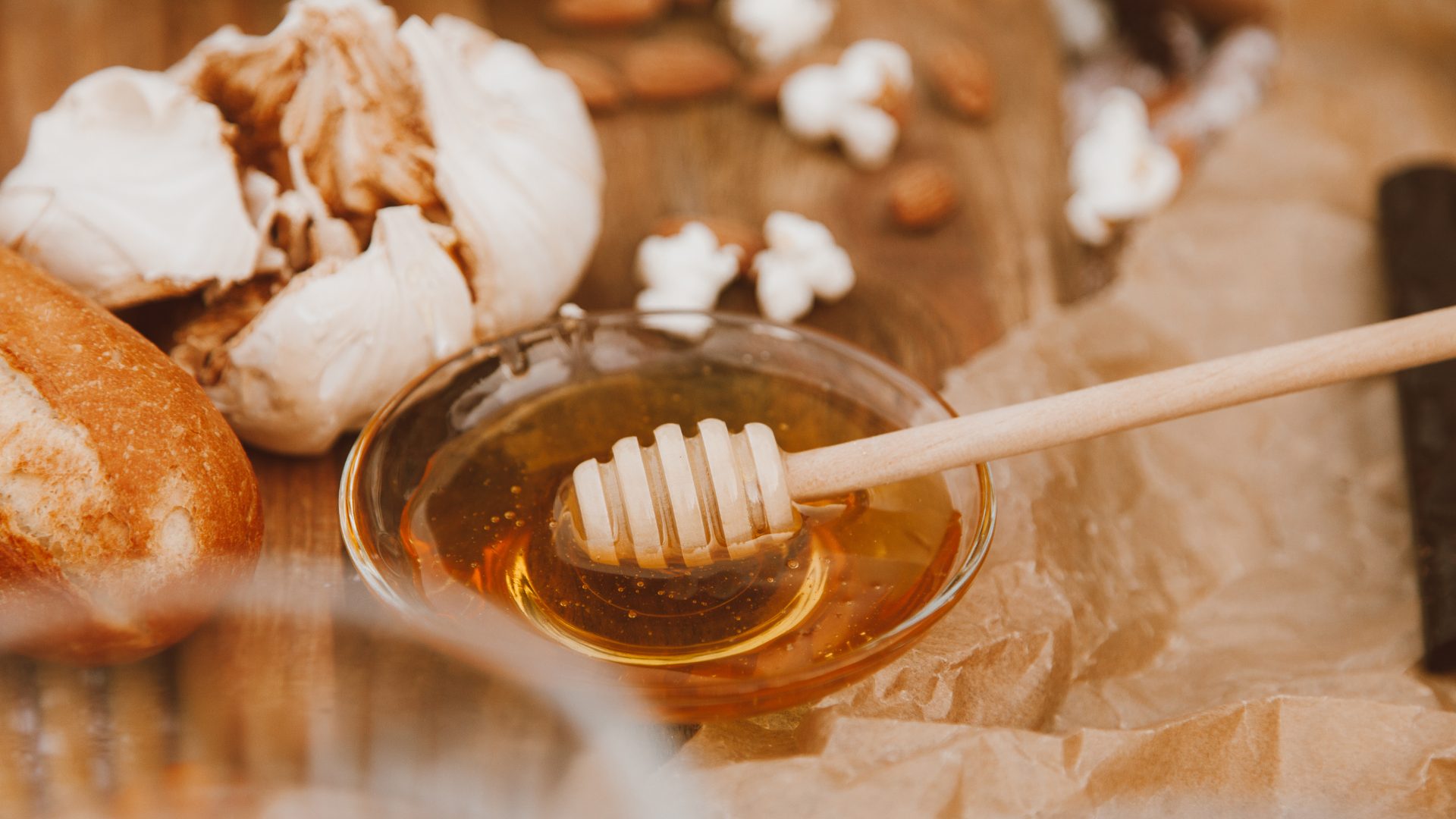Startups are leveraging human digestion and technology to bring sugar elimination innovations to market — from enzymes that convert sugar into fiber to sugar “sponges” that activate after they are consumed.
The zero-sugar food and beverage markets are expected to grow in 2024 as consumers continue to look for products to support their health.
According to Brightfield Group, low sugar was the leading nutritional attribute consumers sought out in 2023, with 42.3% of respondents flagging it as a priority. No sugar added was also the top ingredient preference, claiming 44.1% of responses across generations.
Zero-sugar has gradually “replaced what used to be the diet” trend and has become a claim consumers seek out on pack, Scott Dicker, market insights director at SPINS, told FoodNavigator-USA.
The average American consumes about 17 teaspoons of added sugar per day, or 270 calories, well more than the 9 teaspoons for men and 6 teaspoons for women recommended by the American Heart Association.
Sugar-to-Fiber Enzymes
To satisfy consumer demand for less sugar, a growing number of researchers and startups are developing sugar elimination ingredients.
In February 2024, food tech company Zya unveiled Convero, a propriety enzymatic substance that can convert up to 30% of consumed sugar into fiber when it reaches the digestive system.
“We want to use the power of enzymes to transform how our bodies use food,” Zya CEO and cofounder Joshua Sauer told Wired.
The UK-based startup believes food manufacturers will be interested in adding its enzyme directly to food products like cereals and snacks and is targeting a U.S. launch in 2026, pending FDA approval.
Major food producers are certainly in the market for these innovations.
At the close of 2022, Kraft Heinz tapped researchers at Harvard’s Wyss Institute to explore how the company could reduce the amount of sugar used in their foods without sacrificing the ingredient’s other properties.
The final product utilizes a different enzyme variation naturally found in plants that converts sugar to fiber once it reaches the digestive system.
Researchers claim the enzyme can be incorporated into current recipes without modifying their sugar content — an attractive feature for food manufacturers who seek to maintain the taste and texture of signature recipes.
Wyss is currently licensing the technology to a startup and is also targeting incorporation by U.S. manufacturers in 2026.
Sugar Absorption “Sponges”
In a similar pursuit, BioLumen has developed a proprietary plant fiber-based drink mix engineered to expand in the stomach and soak up sugar in food, rendering it unavailable for early absorption, reported The Guardian.
Once locked in the “sponge,” a significant amount of the sugar will simply pass through the body. One gram of the mix, called Monch Monch, can absorb six grams of sugar, according to lab tests.
Monch Monch entered the U.S. market as a probiotic beverage supplement in November 2023, but BioLumen’s longer-term plan is also to sell it as an ingredient to food manufacturers.
The San Francisco-based startup has already received a “generally recognized as safe” (GRAS) designation for the product and is currently working on ways to reduce its cost.
The Food Institute Podcast
Generative AI disrupted nearly every industry in 2023, but how is the artificial intelligence industry impacting food and beverage in 2024? RSM US LLP principal Christian Winzeler returned to The Food Institute Podcast to discuss GenAI’s impact on marketing, business operations, and even production formulations.


